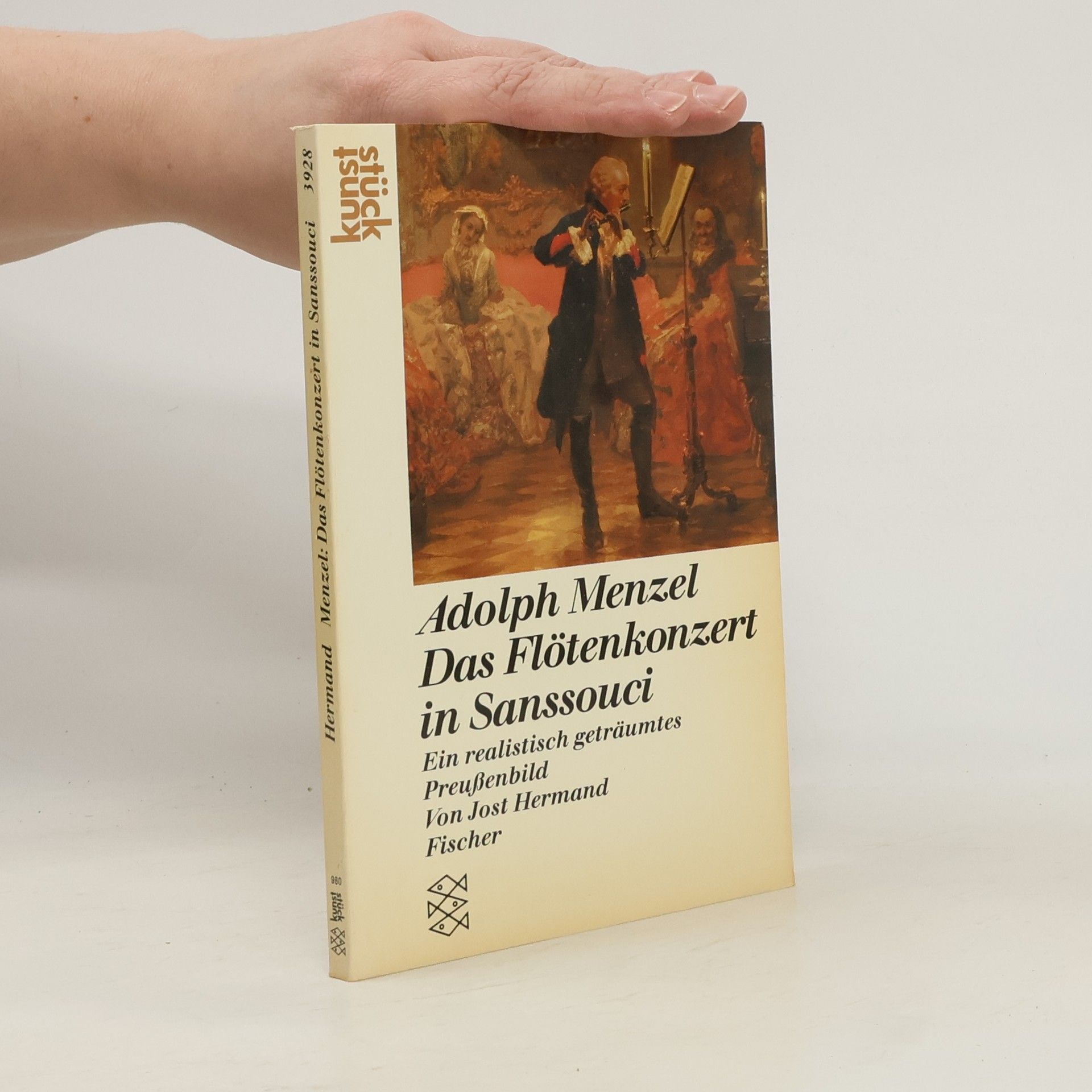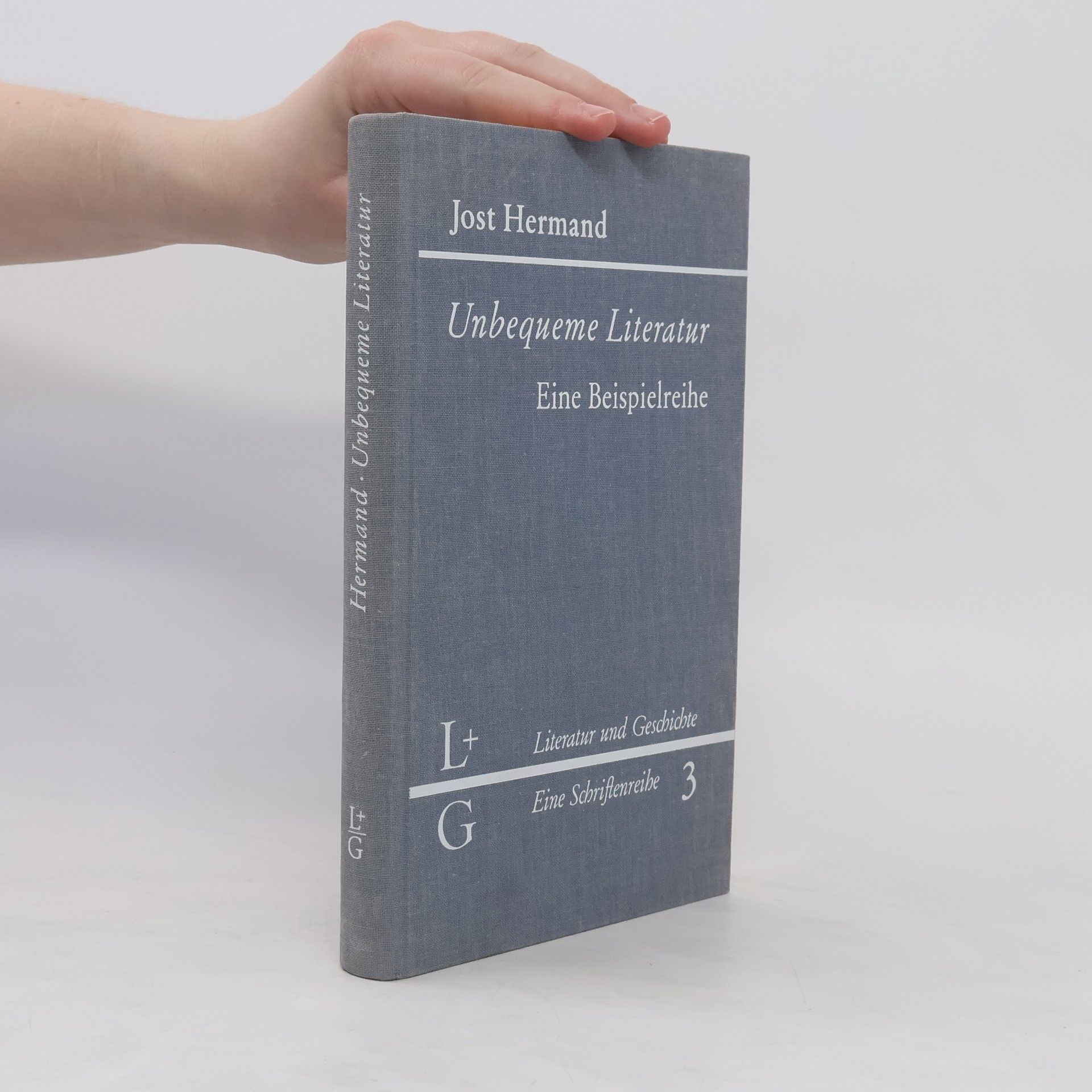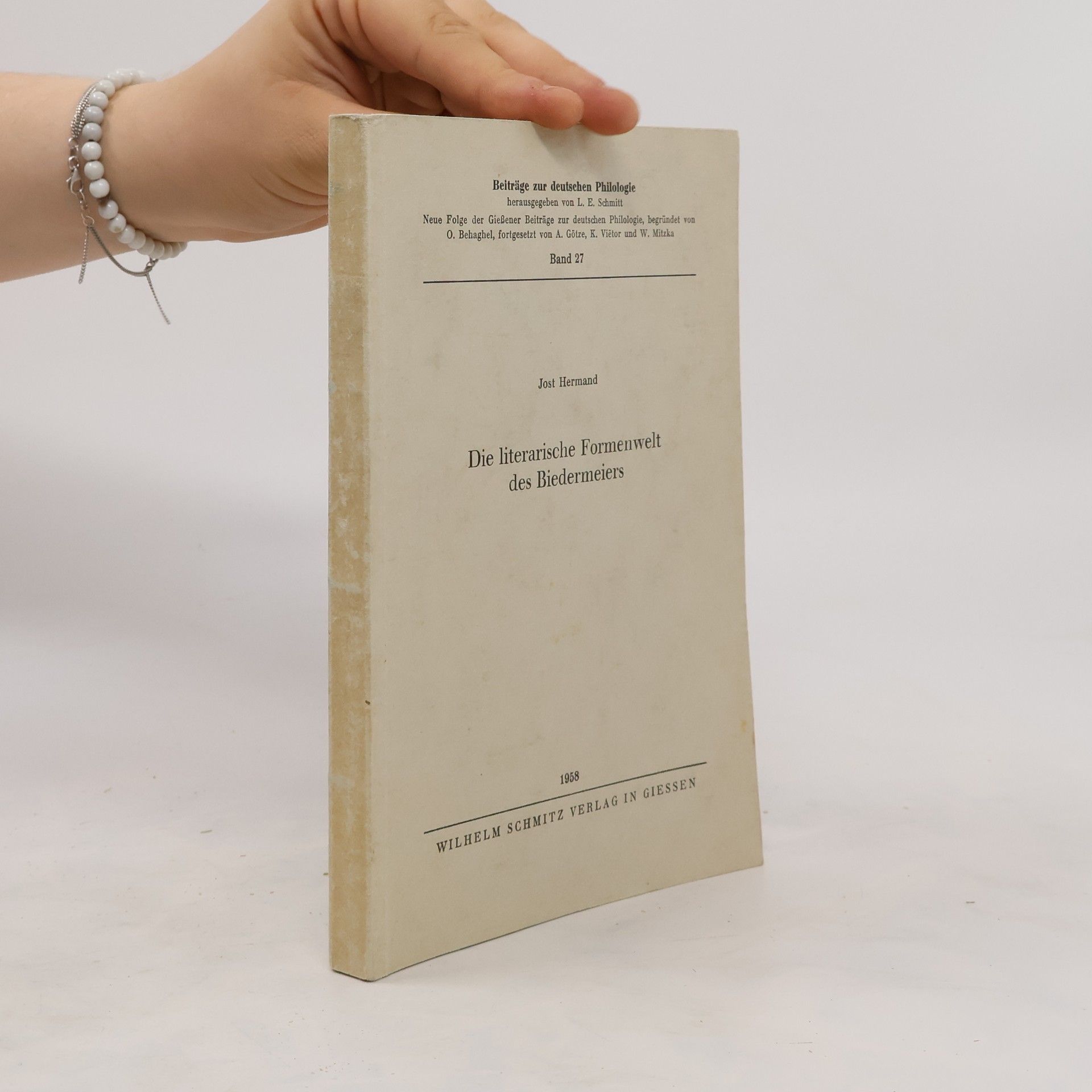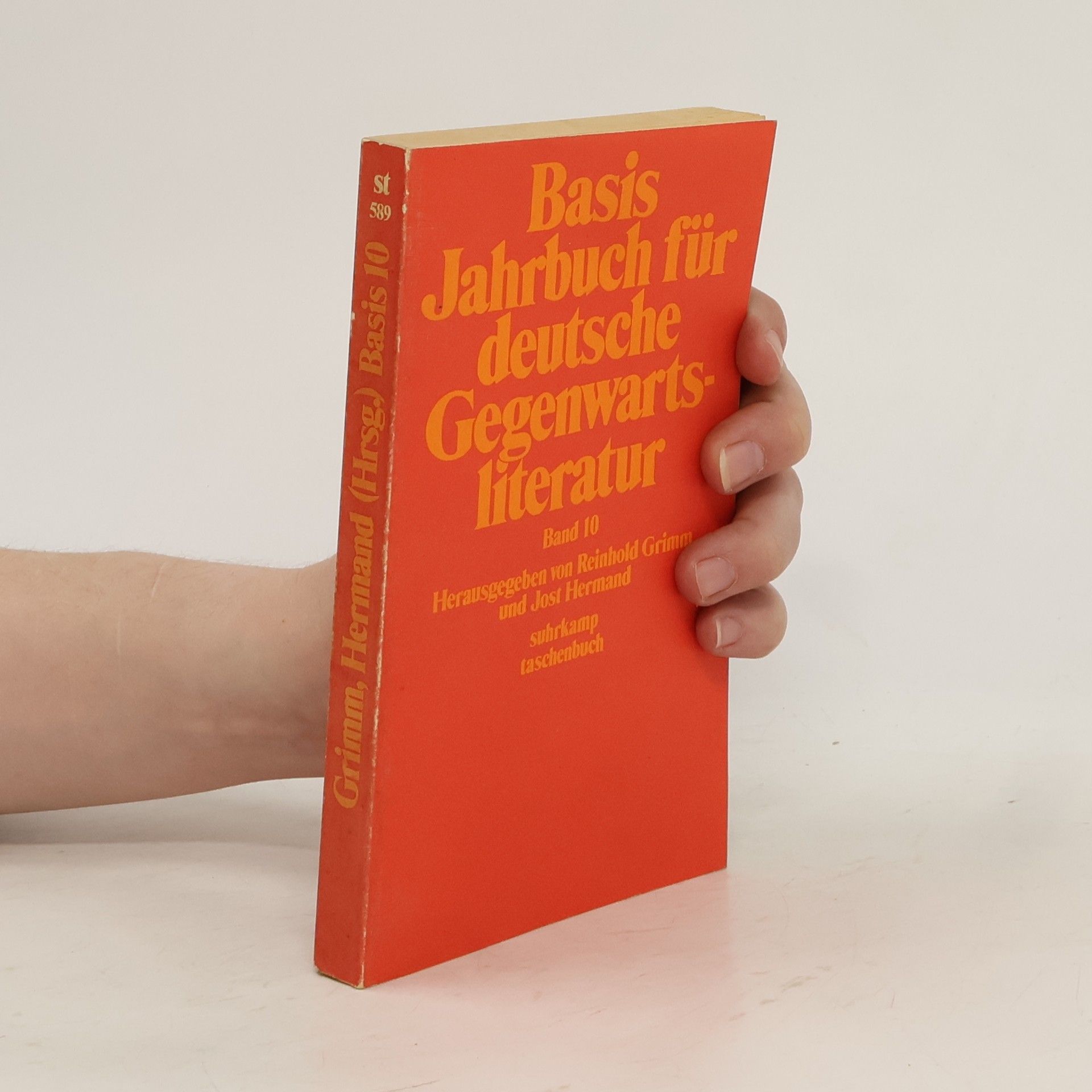Hearing Music in a Different Key
Ideological Implications in Works of German Music
- 294pages
- 11 heures de lecture
Focusing on the ideological battles faced by German composers since the late seventeenth century, this work delves into how these conflicts influenced significant musical creations. It examines the impacts of various movements, including Pietism, Lutheranism, fascism, and exile, as well as the modernism prevalent in the early Federal Republic of Germany. Through this exploration, the book highlights the intricate relationship between music and socio-political contexts throughout German history.









